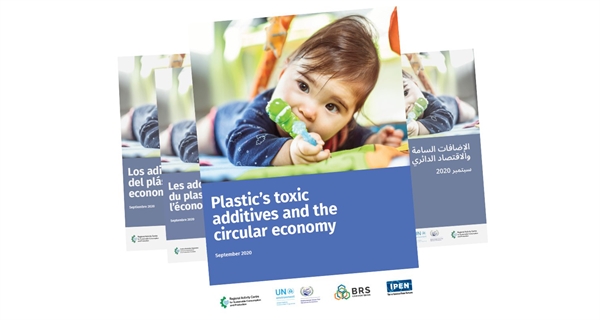 |
Efforts towards building a circular economy might be compromised by chemical additives in certain plastics, a study by the Stockholm Convention’s Regional Centre for the Mediterranean, IPEN, UNEP and the BRS Secretariat finds.
New report highlights dangers to health and the environment from toxic chemicals found in some types of plastic
|
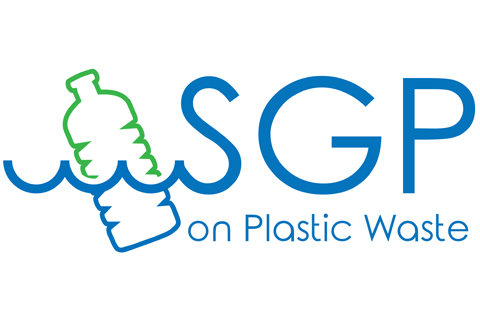 |
The Second Round of funding of the Basel Convention’s Small Grants Programme, generously funded by the Norwegian NORAD agency, is now open.
Funding available for actions on plastic waste, deadline 31 October 2020
|
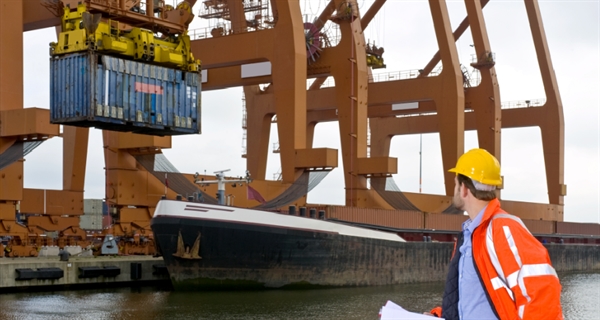 |
Representatives from the Barcelona Convention, CITES, Climate Change Convention, Convention on Biological Diversity, Minamata Convention, Montreal Protocol, and the Rotterdam and Stockholm conventions, join the Basel Convention’s Implementation and Compliance Committee online to discuss ways to better prevent and combat illegal traffic.
Global agreements for a healthy planet: 9 MEAs work together to address illegal traffic
|
 |
To rid the world of POPs, Solomon Islands updates its national plan for implementing the Stockholm Convention
Teaser: Reflecting amendments made at COPs 4, 5, 6, & 7, Solomon Islands has transmitted its updated NIP.
To rid the world of POPs, Solomon Islands updates its national plan for implementing the Stockholm Convention
|
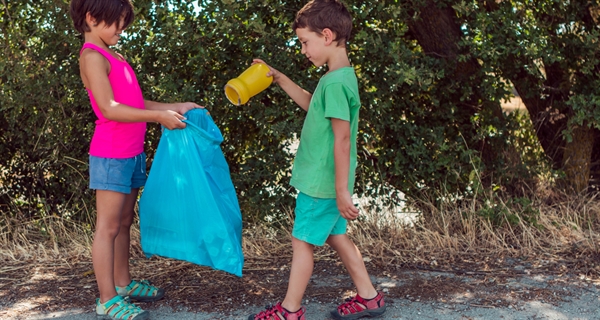 |
Back to school, back to university, back to the office? Snap the plastic waste you encounter and you could win the Plastic Waste Partnership’s photo contest, deadline 30 September.
Plastic Waste: Your photo could make a difference
|
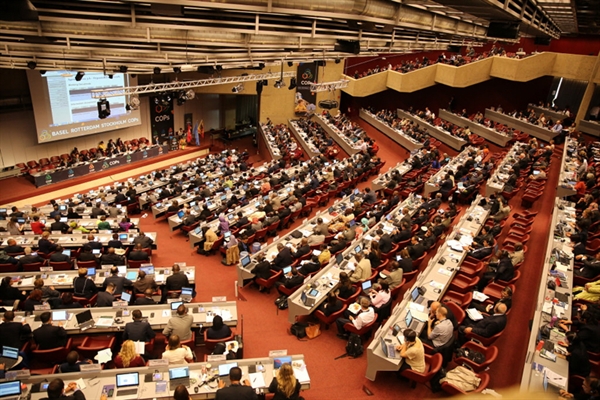 |
The Bureau of the Conference of the Parties to the Rotterdam Convention met online, 9 June 2020, to discuss preparations for COP-10 in 2021. The report of that meeting is now available online.
Preparations for Stockholm Convention COP-10 underway: Bureau meeting report now available
|
 |
The new call for proposals will be presented and discussed during these Basel Convention online meetings.
Plastic Waste Partnership Briefing webinars organised to outline possibilities for funding actions on plastic waste
|
 |
Reflecting amendments made at COP4, 5, 6, 7, & 8, Samoa has become the latest of the Convention’s 182 Parties to transmit its updated National Implementation Plan, or NIP.
Samoa updates its national plan for implementing the Stockholm Convention
|
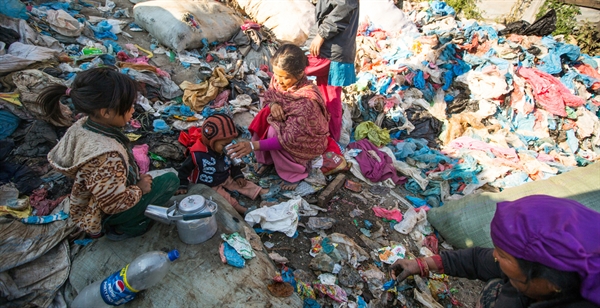 |
Click here for COVID-19 medical waste news and guidance, along with other developments related to the sound management of chemicals and waste.
Latest BRS Newsletter is out and available online
|
 |
Applications are invited from Basel and Stockholm convention Regional Centres until 15 July 2020.
Deadline approaching for applications to the new Small Grants Programme on plastic waste
|
 |
To rid the world of POPs, Ghana has transmitted its updated NIP, addressing amendments made at COP-4, COP-5 and COP-6.
Ghana updates its national plan for implementing the Stockholm Convention
|
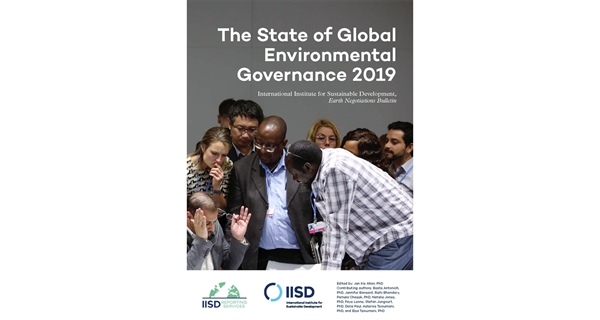 |
Read the Earth Negotiations Bulletin’s review “State of Global Environmental Governance 2019” published recently by the International Institute for Sustainable Development.
Basel, Rotterdam & Stockholm conventions described as environmental governance “Hits of 2019” by IISD
|
 |
Preparations for the 2021 Meeting of the Conference of Parties (COP) are discussed by the Stockholm Convention’s COP Bureau, during an online meeting on 10 June 2020.
Key Stockholm Convention meeting pushes ahead with planning
|
 |
Adopted by Parties one year ago in May 2019, the Amendments become effective on 1 January 2021. Learn all you need to know by consulting the Secretariat’s FAQ, newly online.
Now online: Frequently-Asked-Questions on the Basel Convention Plastic Waste Amendments
|
 |
The UNEP/TED-ed initiative has attracted millions of children worldwide since launching in April. Join the Plastics Quest, live from Monday 18 May, brought into your home by the BRS Secretariat and partners.
Children! Parents! Join Earth School for a different take on home-schooling!
|
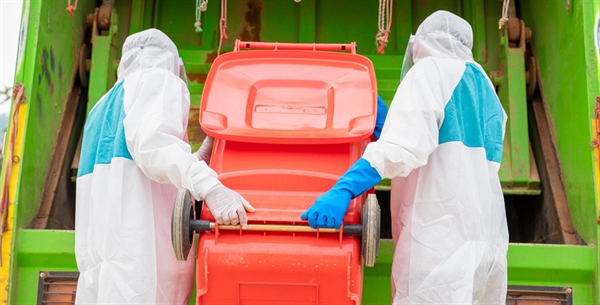 |
BRS Executive Secretary joins UNEP, WHO, UNEP and others in a webinar on 19 May to discuss necessary responses to increased medical waste in light of the COVID-19 emergency.
Sustainability after COVID-19: The medical waste response
|
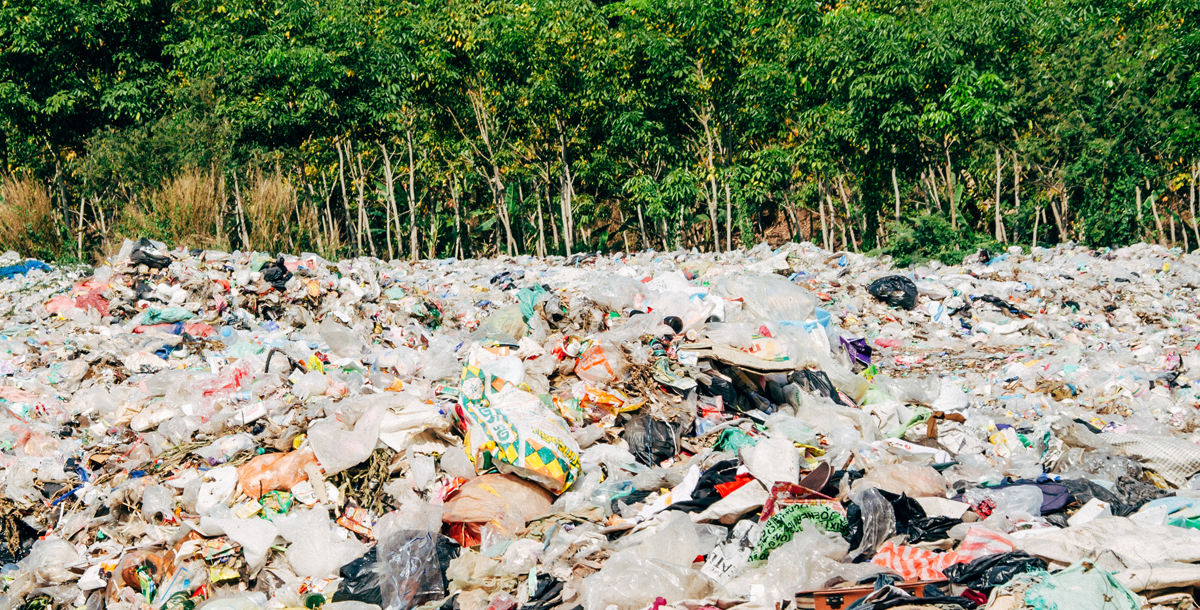 |
The BRS Secretariat is pleased to announce, thanks to generous funding from Norway, the opening of the new Small Grant Programme on Plastic Waste, open to applications from Basel and Stockholm Convention regional centres until 15 July 2020.
New Small Grant Programme launched to improve plastic waste management at municipal, national and regional levels
|
 |
Addressing amendments to the Convention made at COP-4 and COP-5, Kyrgyzstan has transmitted its updated NIP.
To rid the world of POPs, Kyrgyzstan updates its national plan for implementing the Stockholm Convention
|
 |
Now available online: Overview of concept notes for voluntary contributions for implementing the Basel, Rotterdam, and Stockholm conventions, as approved by COPs in 2019.
Opportunities published for supporting global work towards the sound management of chemicals & waste
|
 |
The Basel Convention’s COP-15, the Rotterdam Convention’s COP-10 and the Stockholm Convention’s COP-10 will be held back-to-back in Geneva, Switzerland, from 19 to 30 July 2021.
Save the date: Dates and venue for the 2021 BRS COPs
|